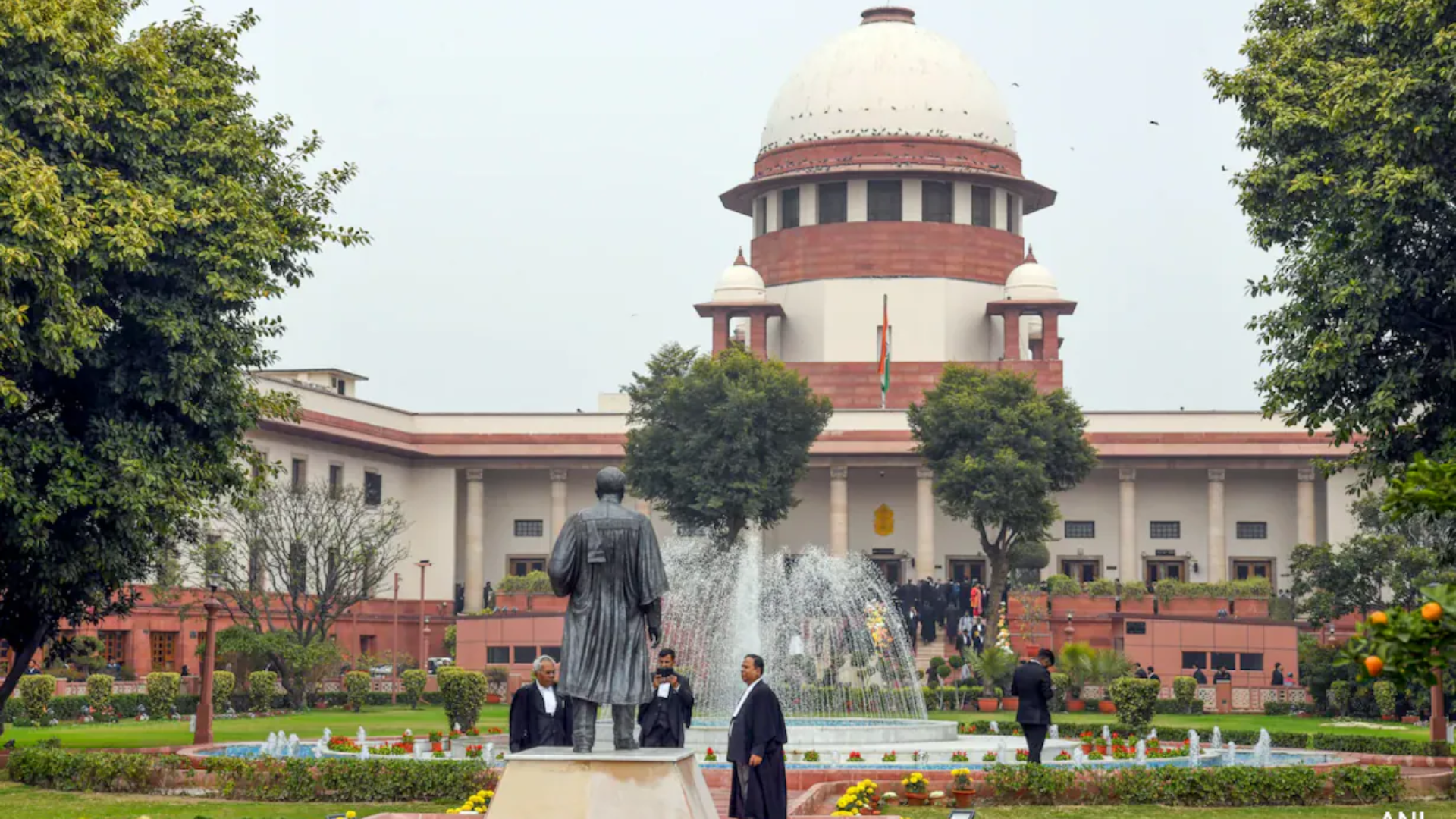In a recent development, the Supreme Court of India made a significant statement regarding the accountability of fast-moving consumer goods (FMCG) companies, specifically highlighting the case involving Patanjali and its Managing Director (MD) and co-founder.
The apex court refused to accept the apology affidavit submitted by Patanjali’s MD in connection with a case concerning misleading advertisements. This decision reflects the court’s deep concern about FMCG companies potentially deceiving innocent consumers and jeopardizing public health through misleading marketing practices.
The case stemmed from allegations of Patanjali airing misleading advertisements, particularly related to its products’ efficacy and health benefits. These ads raised concerns about the accuracy of claims made by FMCG companies, especially in the health and wellness sector, where consumer trust is paramount.
The Supreme Court’s stance on refusing the apology affidavit underscores the importance of transparency, accountability, and ethical advertising practices within the FMCG industry. The court’s decision serves as a reminder to companies to uphold truthfulness and accuracy in their marketing communications, especially when making claims about product benefits and effectiveness.
This development also highlights the role of regulatory bodies in monitoring and enforcing guidelines to prevent deceptive advertising and protect consumer rights. It underscores the need for stringent measures to ensure that companies do not compromise public trust or health through misleading marketing strategies.
The Supreme Court’s expression of concern reflects a broader societal expectation for businesses, particularly in sensitive sectors like healthcare and wellness, to prioritize ethical practices and maintain the highest standards of integrity in their operations. This decision is likely to have far-reaching implications for the FMCG industry, signaling a shift towards greater transparency and accountability in advertising practices.


















